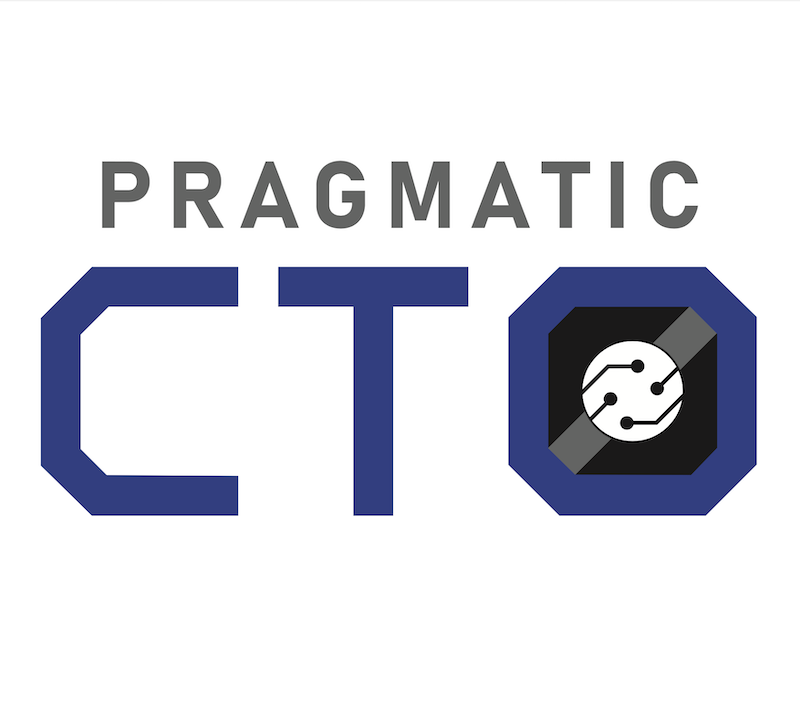- Published on
The role of startup CTO
- Authors

- Name
- @pragmaticcto
- @pragmaticcto
With the growing role of technology in any business, Chief Technology Officer (CTO) has become a key role in many organisations. This is specifically true for organisations where tech IS the business, be it in the form of tech product or a service delivered via technology.
As part of my role, in addition to being a CTO at thestartupfactory.tech, I’m involved with many early stage startups and scale-ups, either in the role of (interim) CTO, technology adviser or a trusted techie friends, helping bootstrap technology as well as assemble engineering and technology leadership teams.
From the experience of this network of startups and technology-minded founders and investors, hiring a right CTO is a big challenge, which can have a big effect on the growth and success of a business. This fact, along with an ongoing attempt to review and improve my role as CTO, got me thinking - what is a good CTO and what role and responsibilities do they fulfil?
With that in mind, this post is a first in the Pragmatic CTO series of posts, discussing various aspects of this important role in a successful business, and how about companies should go when hiring a well grounded CTO
There are two kinds of activities typical for a CTO:
Inward-looking - hands-on role in designing, architecting and building the tech product/platform, leading the dev team, focused on security, scalability and reliability of the tech as well as efficiency and quality of the engineering process.
Outward-looking - communicating with stakeholders on the board and investor levels, evangelising the company and product as part of marketing strategy, working with CEO/COO and sales teams to ensure technology matches the commercial activities within the company.
Which side of the CTO is more important?
Which side of the CTO role should take center stage depends on the nature of the business and the current maturity stage. For example, a startup looking to build an MVP, will need a hands-on CTO, as without practical engineering, there won’t be any product - but as soon as investor and stakeholder conversations take center stage, the outward-looking skills need to show.
Tech companies whose main assets are the engineering team, need a passionate technologist to lead by example - keeping an inward looking focus. A tech product company where the key to success is communicating to the customers how the technology they built will help them, needs an outward-looking CTO to build credibility and trust during the sales process. As the company grows the outward facing responsibilities become more important - but a good CTO should never forget that the T in the title is for Technology, and ensuring to stay as close to it as possible.
It won't surprise anyone that it’s extremely hard to find a single person who would perfectly fit all of the above - so, like in many aspects of business and life, one should take pragmatic approach.
If you’re a founder or investor thinking about making your first CTO hire here’s some things to think about:
Make sure to evaluate and understand the critical parts of the business which the CTO should influence, and look for people to fill those gaps to begin with. For an inward-looking role, look at passionate technologists, with good hands-on engineering skills (so they can gain confidence of the rest of the dev team), reasonable communication skills and willingness to support and work with the rest of them. Best hires for this are typically from within existing engineering teams. For an outward looking focus, we should be looking for an excellent communicator, presenter, who understands the technology concepts and is passionate to discuss with their peers and educate both tech and non-tech audience to get a buy-in and trust. The challenge with this side of the role is that, in my view, without practical engineering skills required for an inward-facing CTO, it can be difficult to build trust and respect within the internal team, so they may look as outsider internally, even if they are seen as evangelist at the stakeholder level.
And if you’re a technologist looking to step up into a CTO role, we’ll share more insights and advice how to prepare for the role - in the meantime you might want to think about;
Keep on top of latest technology trends, especially in areas that are not your speciality Hone your mentoring and motivating skills when working with your less experienced team members Consider why are you working on the specific problem/feature that preoccupies you currently? Can you explain and excite a non-technical person about it, a friend, or a boss?
Are you a seasoned or aspiring CTO, and if so, what kind of CTO are you? If you are a founder, a CEO or an investor, what kind of CTO do you work with or look for? Thinking about a CTO you’ve worked with, what qualities did they have which made them stand out?